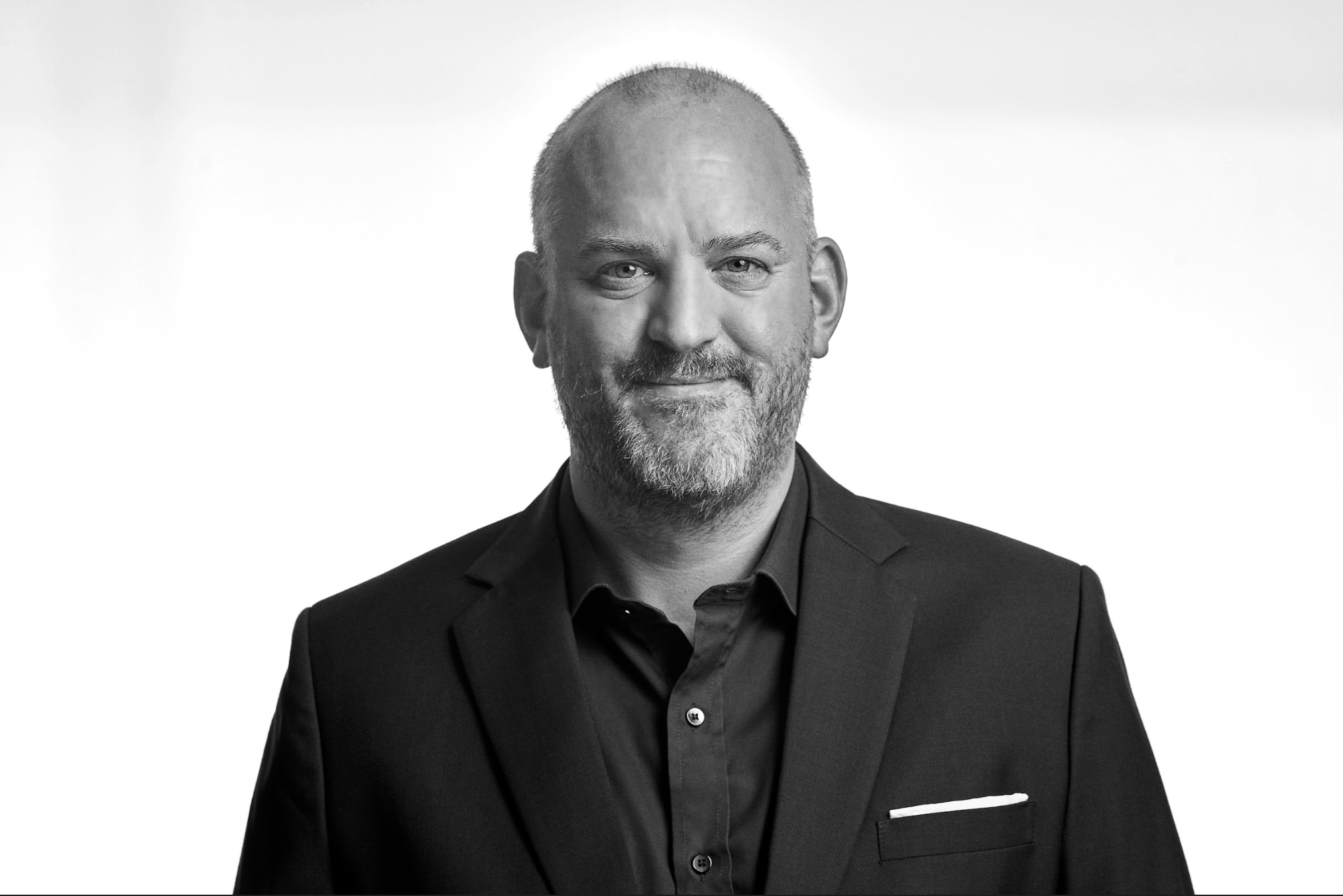
How To Identify The Most Important Tasks
As leaders, we are faced with many tasks to complete. If we don’t choose carefully, we will often work on the wrong tasks rather than the right ones.
As leaders, we are faced with many tasks to complete. If we don’t choose carefully, we will often work on the wrong tasks rather than the right ones. By “right,” I mean the tasks that will produce the optimal results and address the most critical issues they face. I also refer to the tasks that we are uniquely qualified and positioned to be working on ourselves instead of delegating to someone else.
When considering what to work on, start with the “big rocks,” the priorities and cornerstones that you first need to “place in your jar” before filling other things (the metaphorical pebbles, sand and water) around it. These could be “one-off” tasks that can be achieved in a single time block (we’ll discuss time blocking later,) or may span several days. If you don’t put the top priorities into your calendar first, all of the other demands will clutter your time and mental bandwidth.
In his “7 Habits of Highly Successful People,” author Stephen R. Covey said it best: “The key is not to prioritize what’s on your schedule, but to schedule your priorities.”
The “big rocks” are commonly called “MITs,” or most important tasks. Whatever term you use, it is critical to identify the tasks that will produce the most important results you’re looking to achieve. Not everything on your plate is of equal importance, so don’t treat them equally.
At the beginning of every single day, create a list of two or three MITs, then focus on getting them done as quickly as possible. So as not to get distracted, keep this short list separate from your general to-do list or task-tracking system. I suggest you write them down on a sticky note or index card that you keep positioned squarely in front of you until the list is complete.
One way to start identifying your MITs is to ask yourself these questions:
1. What are the most 2-3 important things that I need to do today?
Another way to ask this is: “What are the things that — if I completed them today — would make the biggest difference for me?” The Pareto Principle (also called the 80/20 Rule) states that 80% of our outcomes comes from 20% of our efforts. Choosing the right place to focus our efforts matters more than we oftentimes think.
2. What is the task’s value or ROI?
To be truly successful, everything that we do must have a value attached to it. While “value” is not always cut and dry, it should be fairly obvious as to which behaviors will predictably provide the biggest benefits.
3. Is it related to your goals?
Goal setting is a critical element in moving the needle and getting more done. Any action that advances your primary goals should be prioritized over those that don’t, assuming that we’re not talking about anything urgent and important.
4. Is it a task that you’ve been thinking about for some time?
Odds are that, the longer you’ve been thinking about something, your mind is telling you that it’s important enough to make this list.
5. Have you been putting it off for too long?
Some of the MITs are the things that we push off the longest. Maybe they’re a bit challenging. Or risky. Something that will push us outside our comfort zones. If you’ve been delaying for these reasons, it’s time to jump in.
6. Is it a task that will free you up to work on your real MITs?
Perhaps the work itself is not super important but can open the way for you to do the most important work. Example: delegating a small project that will help clear your calendar for critical tasks that you couldn’t manage to get to.
Keep in mind that MITs are not things that are most urgent or whatever tempts you in your inbox or chat. We will discuss how to handle those soon.
Now that you have your MITs, set an artificial deadline for completing them. If you set a goal, for example, to have all of them done by 10AM, you’ll be more focused and complete the day’s most important tasks more quickly than you otherwise would. Then you’ll have the rest of the day to handle anything else that comes up.
Once you’ve put your plan in place, it becomes much easier to say “no” to off-task activities and disruptions, to be present for those who need your prompt input and guidance, and to roll with the punches whenever and however they come.
Remember, you only have so much time and energy each day to get things done. Look through your to-do list right now, and you’ll find that some items are really important, while some aren’t. To be fully impactful, your focus needs to be on completing the tasks that will make the biggest difference first before spending time and energy on anything else.
This article first appeared here.
